 W
WVahur Afanasjev is an Estonian writer.
 W
WTiit Aleksejev is an Estonian novelist and playwright.
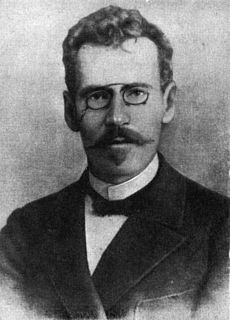 W
WEduard Bornhöhe, born Eduard Brunberg, was an Estonian writer.
 W
WUrmas Espenberg is an Estonian author, politician and publicist, member of the XIV Riigikogu as an alternate member.
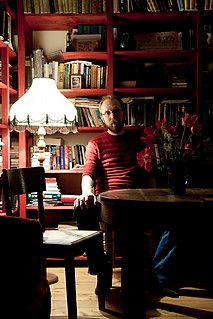 W
WMeelis Friedenthal is an Estonian writer of speculative fiction/science fiction. He has a doctorate from the University of Tartu, where he also taught in the faculty of theology and history.
 W
WAugust Gailit was an Estonian writer.
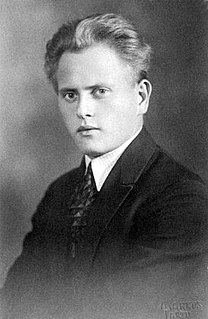 W
WAugust Jakobson was an Estonian writer and politician. He was the only Estonian playwright among his contemporaries whose plays were untouched by Soviet censorship and reached other Soviet states. He has been described as the leading Stalinist in Soviet Estonian drama. In the 1960s his work was described as "ideologically militant".
 W
WBernard Kangro was an Estonian writer and poet.
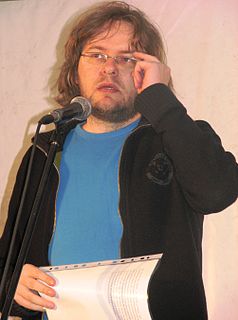 W
WJan Kaus is an Estonian writer.
 W
WAlbert Kivikas was an Estonian writer and journalist. He is best known as the author of the book Names in Marble, the subject of which is the Estonian War of Independence.
 W
WAndrus Kivirähk is an Estonian writer, a playwright, topical satirist, and screenwriter. As of, 2004, 25,000 copies of his novel Rehepapp ehk November had been sold, making him the most popular 21st century Estonian writer. His book Mees, kes teadis ussisõnu (2007) has been one of the top selling books in Estonia. He has been a member of the Estonian Writers' Union since 1996.
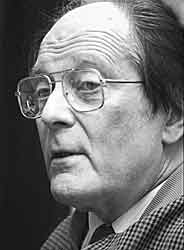 W
WJaan Kross was an Estonian writer. He was nominated several times for the Nobel Prize in Literature during the early 1990s.
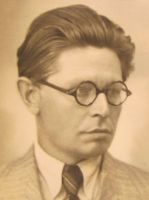 W
WErni Krusten was an Estonian writer. He was born Ernst Krustein in Muraste, Harku Parish, in a gardening family, and worked as a gardener himself.
 W
WLeo Kunnas is an Estonian former military officer and a science fiction writer.
 W
WRobert Kurvitz is a Karelian-Estonian novelist, musician, and video game designer. He founded the video game development company ZA/UM in 2016, which released the critically acclaimed Disco Elysium in 2019.
 W
WOskar Luts was an Estonian writer and playwright.
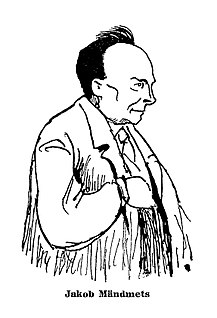 W
WJakob Mändmets was an Estonian writer and journalist.
 W
WMait Metsanurk, was an Estonian writer who led the neo-realist school of Estonian literature.
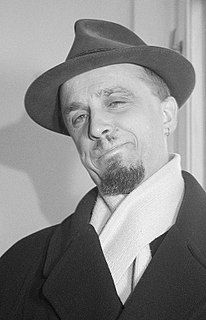 W
WMihkel Mutt is an Estonian writer, essayist, columnist and editor.
 W
WEnn Nõu is an Estonian writer.
 W
WTõnu Õnnepalu, also known by the pen names Emil Tode and Anton Nigov, is an Estonian poet, author and translator.
 W
WAarne Ruben is an Estonian writer.
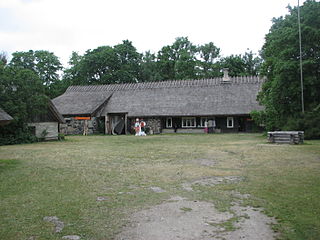 W
WJuhan Smuul was an Estonian writer. Until 1954 he used the given name Johannes Schmuul.
 W
WA. H. Tammsaare, was an Estonian writer whose pentalogy Truth and Justice is considered one of the major works of Estonian literature and "The Estonian Novel".
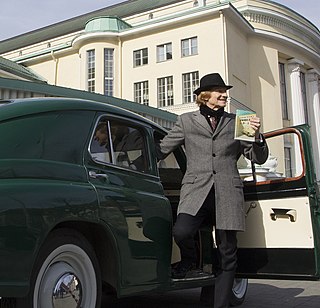 W
WIlmar Taska is an Estonian filmmaker and writer, who was writer and producer for 20th Century Fox movie Back in the USSR (1992) and producer for Candles in the Dark directed by Maximilian Schell. Ilmar Taska's 2016 novel Pobeda 1946 has been translated into many languages and was nominated for the Jarl Hellemann Translation Prize in Finland as best translated book of the year.
 W
WTarmo Teder is an Estonian writer, poet and critic.
 W
WMati Unt was an Estonian writer, essayist and theatre director.
 W
WVaino Vahing, was an Estonian writer, prosaist, psychiatrist and playwright. Starting from 1973, he was a member of Estonian Writers Union.
 W
WEnn Vetemaa was an Estonian writer sometimes referred to as a "forgotten classic", as well as "the unofficial master of the Estonian Modernist short novel".
 W
WEduard Vilde was an Estonian writer, a pioneer of critical realism in Estonian literature, and a diplomat. Author of classics such as The War in Mahtra and The Milkman from Mäeküla. He was one of the most revered figures in Estonian literature and is generally credited as being the country's first professional writer.